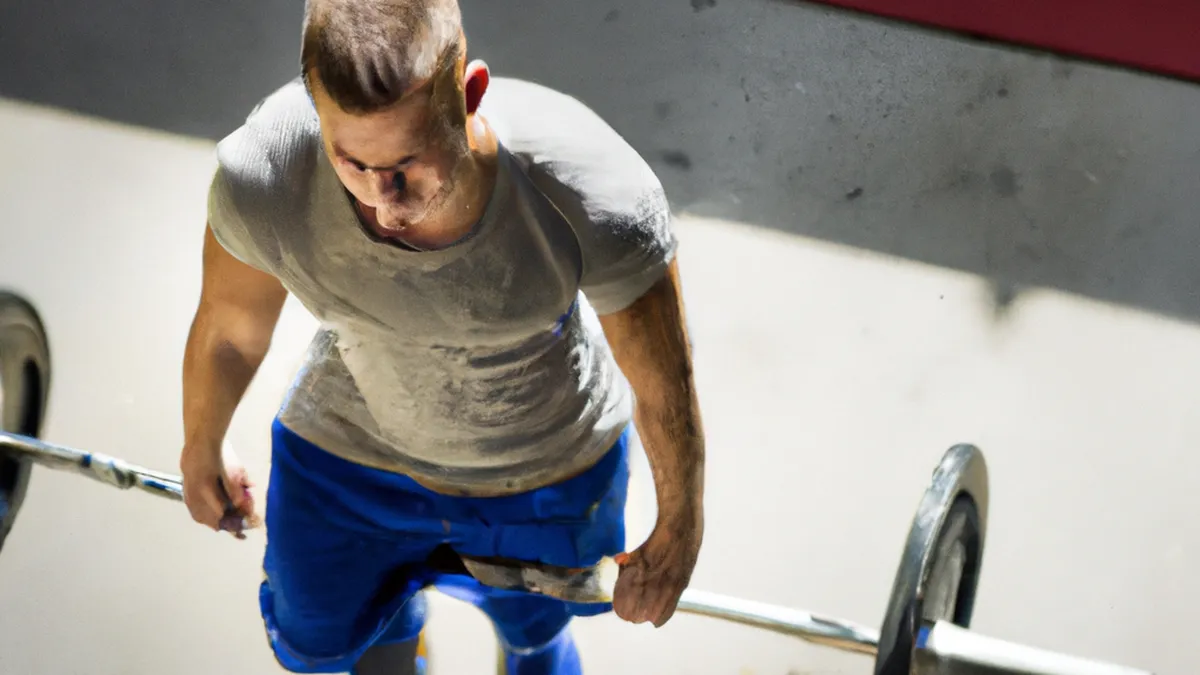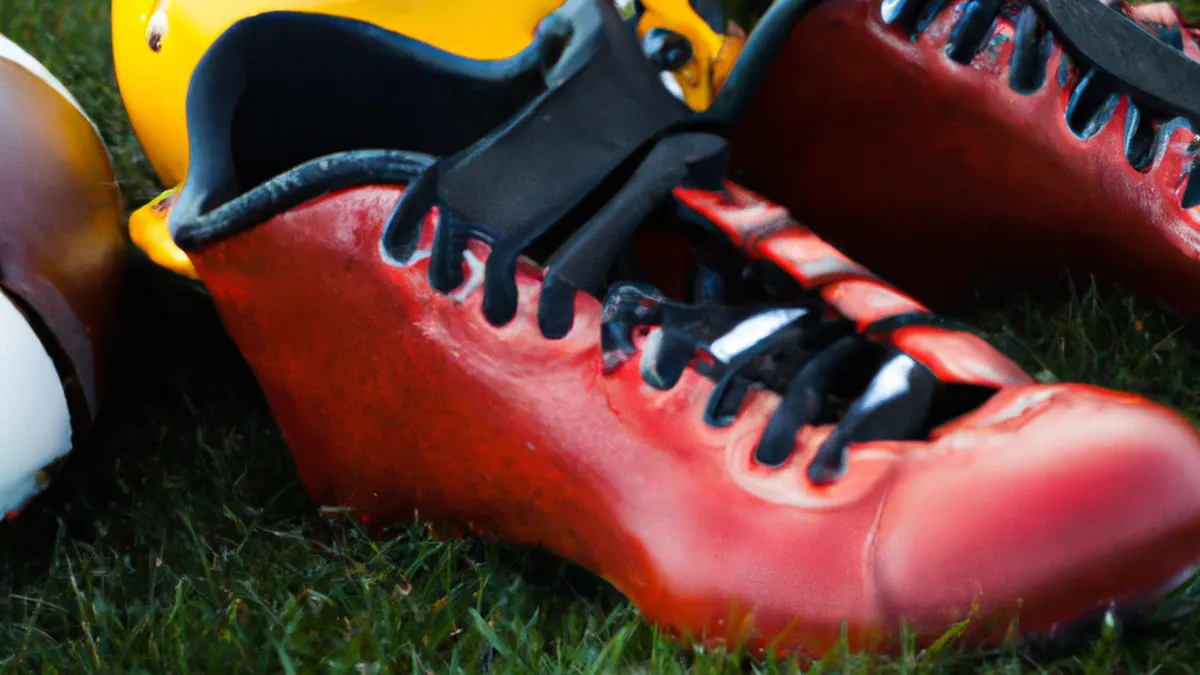Prep Smart: Meals for Active Lifestyles
Meal Prepping for Hybrid Athletes on the GoHybrid athletes train in strength and endurance. Nutrition significantly impacts performance, recovery, and well-being. Meal prepping simplifies your routine and fuels workouts. This guide helps you master meal prepping while balancing your busy lifestyle.
As an Amazon Associate I earn from qualifying purchases.
Gear tip: consider kettlebell, adjustable dumbbells, and olympic barbell to support this topic.
Understanding Your Nutritional Needs
Each hybrid athlete has unique dietary needs. Balance carbohydrates, proteins, and fats for optimal performance. Carbohydrates energize high-intensity workouts. Proteins support muscle repair and growth. Healthy fats aid recovery and hormone regulation.Calculate your daily caloric needs based on activity level. Consider training intensity, duration, and overall goals, such as muscle building or fat loss. Consulting a registered dietitian or sports nutritionist can tailor your meal plan. Knowing your needs helps create a meal plan that fuels performance.
Prioritize Whole Foods
Whole foods should form the basis of your meal prep. They are more nutrient-dense and lack additives compared to processed foods. Include lean proteins, whole grains, fruits, and vegetables in your diet. These foods boost energy and support recovery.For proteins, choose chicken breast, fish, tofu, legumes, or Greek yogurt. Whole grains like brown rice, quinoa, and oats provide sustained energy. Colorful vegetables supply essential vitamins, minerals, and antioxidants. Fresh fruits make great snacks and provide natural energy.
Create a Flexible Meal Plan
Design a flexible meal plan for busy hybrid athletes. Choose a few base recipes that are easy to prepare. For example, prepare grilled chicken with quinoa and steamed broccoli. Change seasonings, sauces, or side dishes to keep meals interesting.Align your meal plan with your training schedule. On intense workout days, eat lighter meals beforehand to avoid sluggishness. Prepare more substantial meals after workouts to aid recovery. This approach optimizes energy levels and ensures nutrient intake.
Tips for Efficient Meal Prepping
1. **Choose One Day for Prep**: Dedicate one day each week to meal prepping. Many athletes choose Sunday to plan ahead.2. **Invest in Quality Containers**: Store prepped meals in BPA-free containers. Opt for glass containers for durability and safety.
Conclusion
Meal prepping helps hybrid athletes maintain nutrition while balancing busy schedules. Prioritize whole foods, create flexible plans, and stay committed.
Below are related products based on this post:
FAQ
What are the nutritional needs for hybrid athletes?
Hybrid athletes require a balance of carbohydrates, proteins, and fats to optimize their performance and recovery. Carbohydrates provide energy for high-intensity workouts, while proteins are essential for muscle repair and growth. Healthy fats also play a crucial role in recovery and hormone regulation.
How can I create a flexible meal plan?
A flexible meal plan is designed around a few base recipes that are easy to prepare. You can vary seasonings, sauces, or side dishes to keep meals interesting. Align your meal plan with your training schedule, consuming lighter meals before intense workouts and more substantial meals afterward to aid recovery.
What are some tips for efficient meal prepping?
Dedicate one day each week for meal prepping, with many athletes choosing Sunday to plan ahead. Invest in quality, BPA-free containers for storing prepped meals, and consider using glass containers for durability and safety. This approach simplifies your routine and ensures you have nutritious meals ready to go.















Post Comment